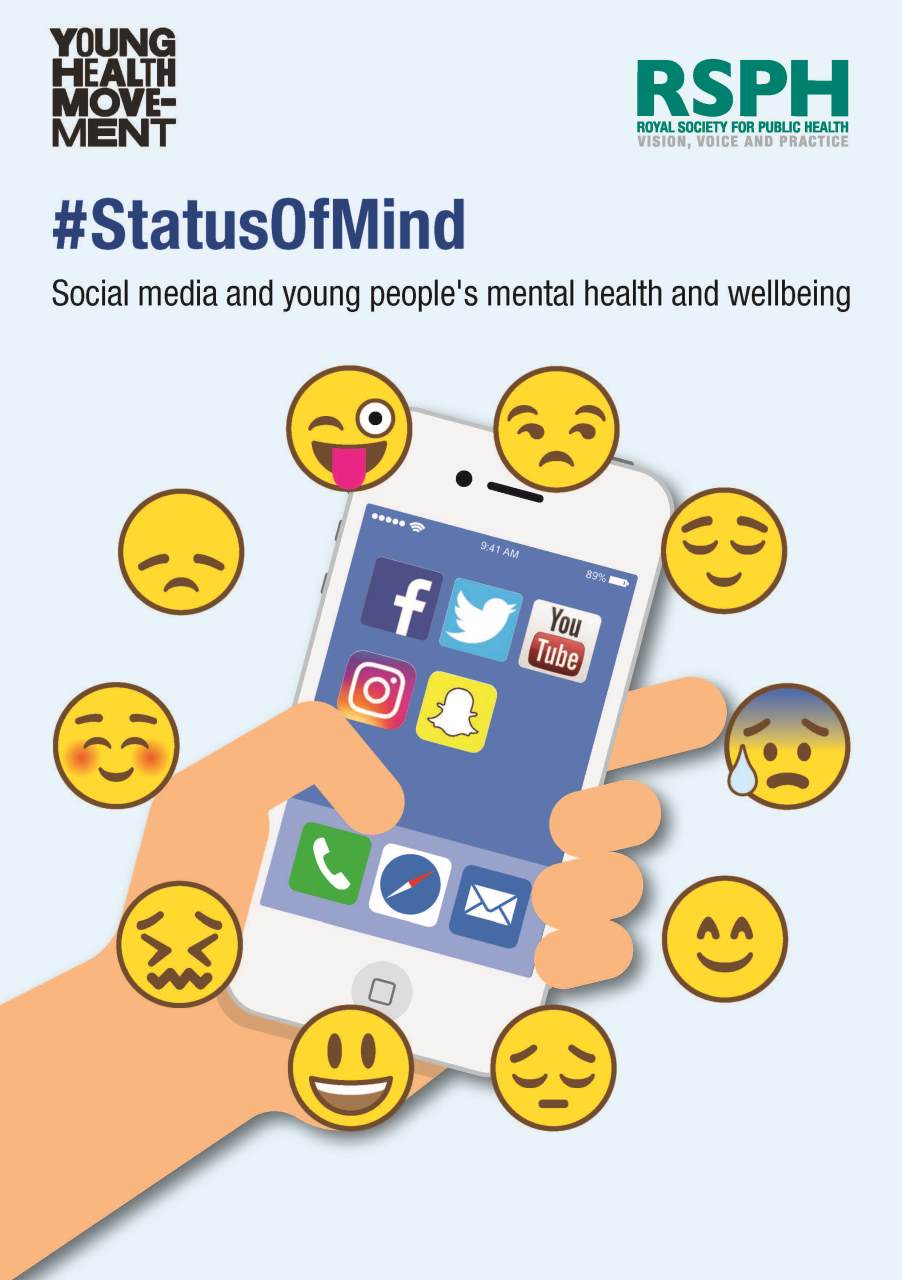Online Safety
At Patchway Community School we recognise that being online is an important part of life for our students, not just as part of education, but for social interaction, leisure and creative expression.
We ensure all our students are given regular e-safety training in discrete PSHE lessons, as part of their Computing Curriculum, during core days at post 16 and in assemblies. In this training we cover:
- Online reputations
- Cyberbullying
- Access to inappropriate materials (such as pornography and violence)
- Sexting and sharing images
- Sharing personal information
- Communication with strangers
The effects of Lockdown on our digital habits
- A 2019 survey carried out by CensusWide of 2,000 families with children below the age of 14 found that children were spending an average of 23 hours a week looking at screens on their smartphones or similar devices. This has risen during the pandemic.
- During the first lockdown, Facebook, WhatsApp, Messenger, Instagram, TikTok, Snapchat and Twitter all broke their respective records for time spent in-app.
- Children who learn about online safety from their parents or carers (rather than just at school) are less likely to share nude images.
- 4% of children aged 13 say they have sent explicit images of themselves online, this rises to 7%aged 14 and at age 15 and over, this doubles to 1 in 6 children (17%).
- 15% of 13-year-oldssay they were pressured into sending the images. 17% of 14-year-olds and 23% of those aged over 15 say they were pressured into sending images.
Parents and e-safety
As parents, we often assume our children know more than us about IT, because many of them spend so much time using it. However, what they don’t know more about is how to be safe, make sound judgements about social interactions and how to get themselves out of a tricky or scary situation.
Although we cover online safety extensively at school, conversations at home are by far the most effective method of protecting our children. Knowing they can turn to someone at home if they make a mistake or if they are unsure about anything can help prevent situations escalating into a more major problem.
There are lots of helpful resources online to support parents with having conversations about online safety. We have gathered together a handful below that contain excellent resources to help you.
If you would like any further information, training or support with online safety. Please don’t hesitate to get in contact catherine.walbridge@olympustrust.co.uk
Helpful Social Media Guides
www.thinkuknow.co.uk has lots of info for parents and children to help keep children safe both online and offline and is easy to understand
Net Aware is a website set up by the NSPCC to give information and advice about how to stay safe online. If you’ve heard about a website or app your child is using you can search for this on their website and it will show you a guide to the safety of this site. They also have loads of articles and ideas for how to talk to your child about their online safety and how to know what’s appropriate for your child.
Supporting Young People Online
Screentime for Mental Health
We all need to help our children control their amount of screen time, as they are not good at doing that for themselves. However, getting them off devices can be a difficult battle.
Check your screen time!
Did you know that you can check how much time you or your children are spending on your phones, specifically on which apps and how many times a day you use those apps? The information on how to do this is below for both iOS and Android. This is worth checking for your own peace of mind; do you notice a correlation between your own mood and how much time you spend on your phone? What about your children’s moods? Why not sit with your child and look through the digital wellbeing settings on your phones together. Use these to set some boundaries – you can make certain apps inaccessible after a particular time of day, or receive warnings when you hit a certain amount of screen time before bed!
If you would like further information on how to set parental controls or more information on how it can impact on us, please see the links below.
- https://www.papayaparents.com/solution/basicphones
- https://www.consumerreports.org/smartphones/how-to-use-parental-controls-on-a-smartphone/
- https://www.telegraph.co.uk/family/parenting/screens-teens-survival-tips-parents-technology-battlefield/
- https://www.net-aware.org.uk/
Online Addiction
Vodafone digital parenting
This site gives you up to date information on threats to children, new technologies and the latest trends. It also covers how to have awkward conversations with your child
http://vodafonedigitalparenting.co.uk/
NSPCC
This website gives you information on technology you can use to keep your child safe including links to how to set up parental controls and information on online gaming and social networking.
https://www.nspcc.org.uk/preventing-abuse/keeping-children-safe/online-safety
Thinkuknow
This website is managed by CEOP, the Child Exploitation and Online Protection government agency, this site has lots of up to date information on the new technologies available for use and explains the risks of using these technologies in and easily digestible format.
https://www.thinkuknow.co.uk/parents/
UK Safer Internet Centre
The Safer Internet Centre, holds e-safety tips, advice and resources to help children and young people stay safe on the internet
www.saferinternet.org.uk
Know IT All
Award winning resources for teachers and parents.
www.childnet.com/resources/kia
Kidsmart
A Website where you and your children can learn more about the internet and being a SMART surfer.
www.kidsmart.org.uk/parents
Digizen
The Digizen website provides information for educators, parents, carers, and young people. It is used to strengthen their awareness and understanding of what digital citizenship is and encourages users of technology to be and become responsible DIGItal citiZENS.
www.digizen.org





